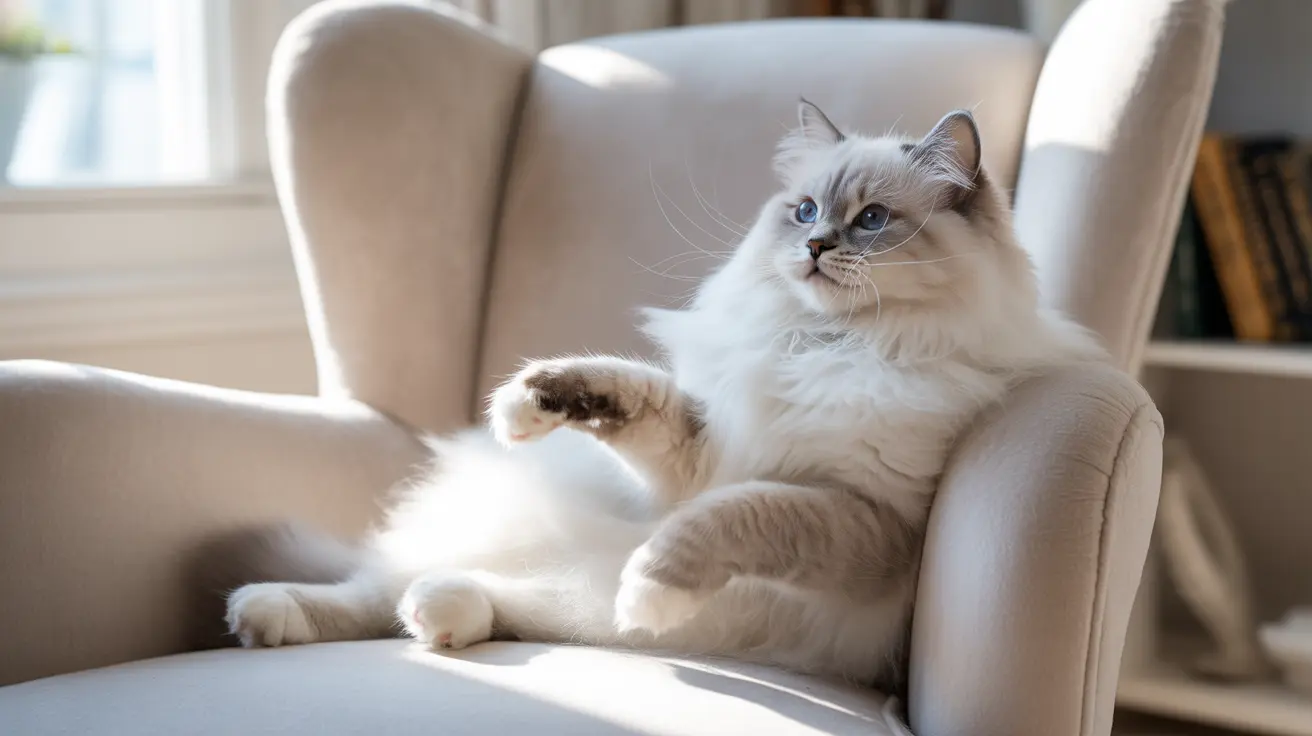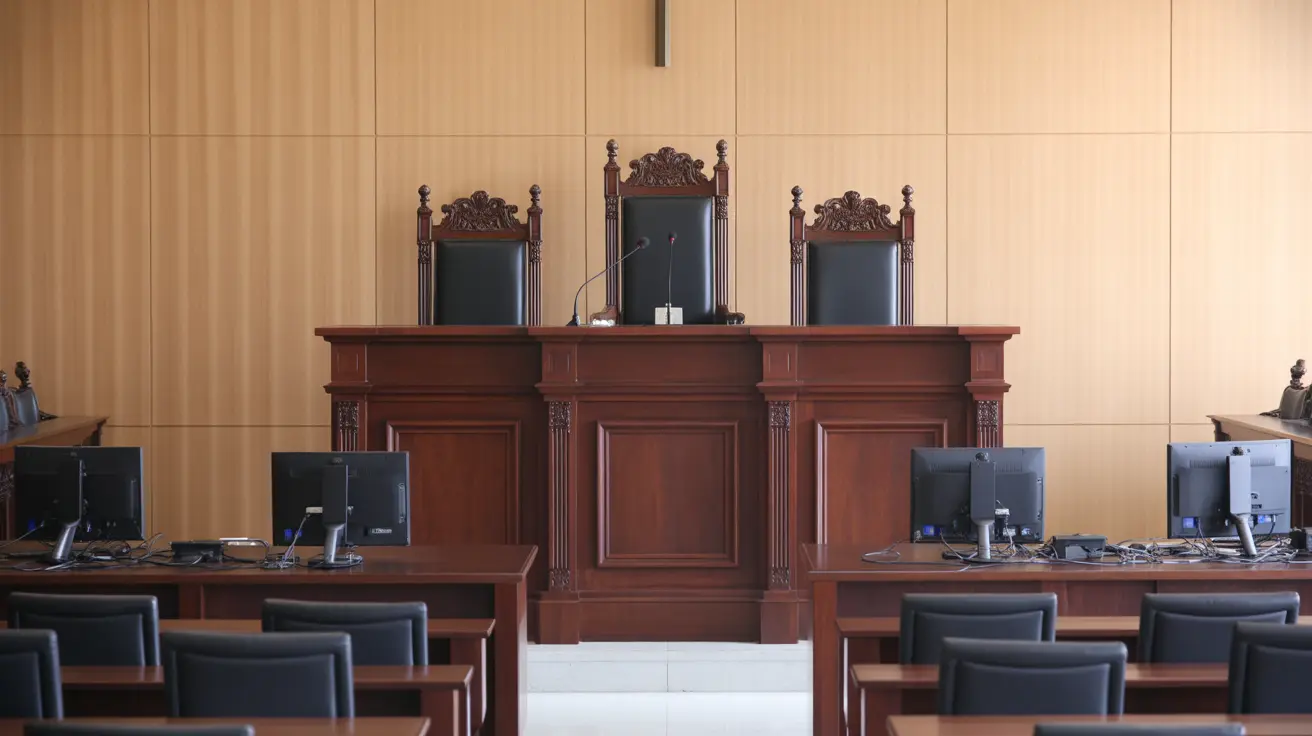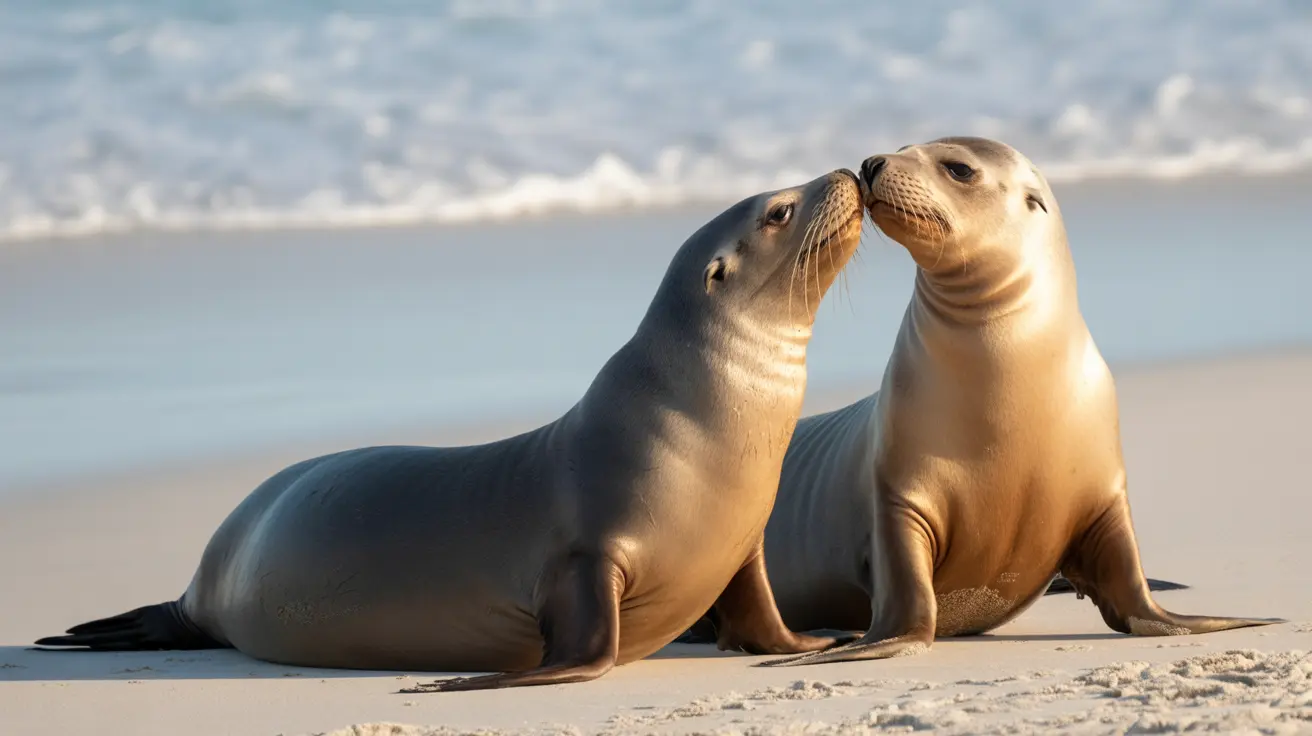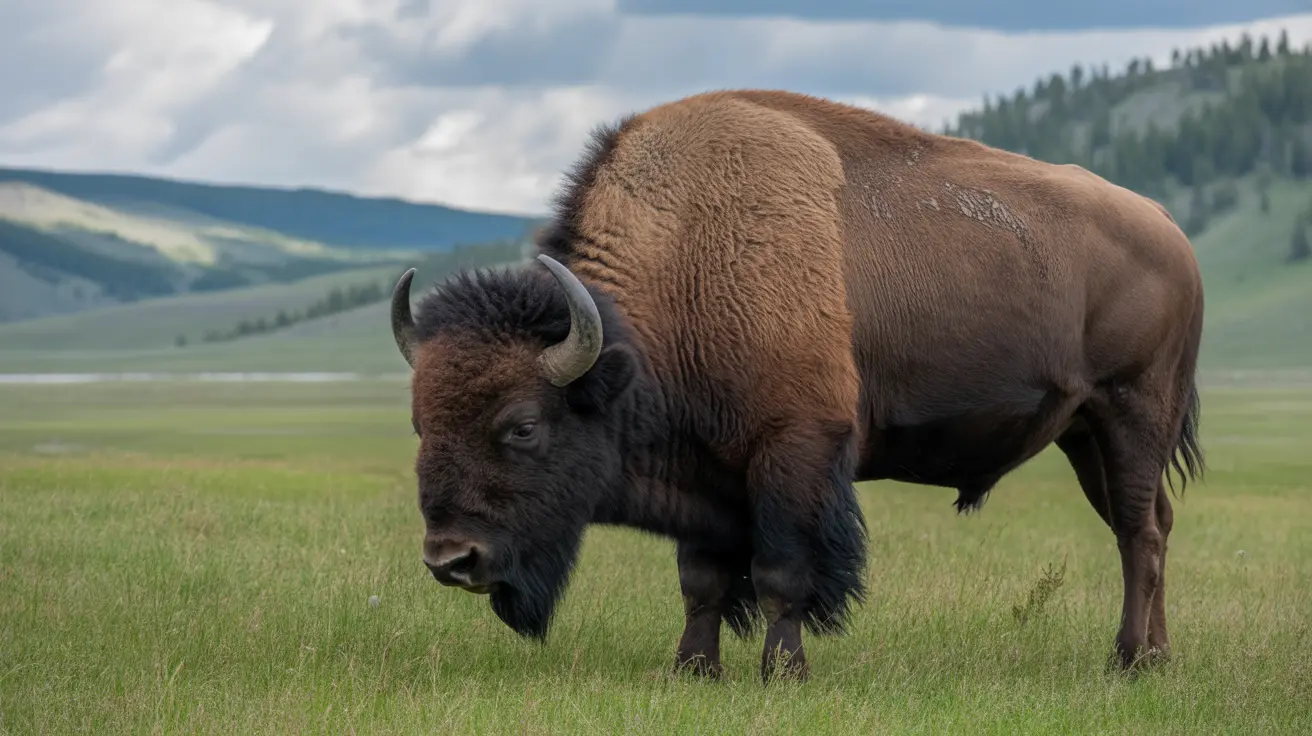The Comfort and Relaxation Connection
When cats cross their paws, it's primarily a sign of complete relaxation and contentment. This position requires them to let their guard down, as it's not ideal for quick escapes or defensive reactions. Think of it as the feline equivalent of putting your feet up after a long day – it shows they feel secure enough to truly unwind.
Cats typically display this behavior when they're in environments where they feel safe and protected. You might notice your cat crossing their paws while lounging in their favorite sunny spot or watching the world go by from their preferred perch.
Physical Benefits and Natural Instincts
Beyond showing relaxation, there are practical reasons why cats cross their paws. This position helps them maintain body heat, especially during cooler weather. By keeping their paws close to their body and overlapped, they create a natural warming effect.
The crossed-paw position also allows cats to stretch their shoulder muscles gently while remaining in a restful state. This subtle stretching helps maintain their flexibility and readiness for movement, even while appearing completely at ease.
Trust and Social Signals
When your cat crosses their paws in your presence, they're demonstrating a significant level of trust. This vulnerable position indicates they feel secure enough around you to lower their defensive barriers. It's particularly meaningful when cats maintain this pose while making eye contact or offering slow blinks – classic signs of feline affection.
Some cats may even use this posture as a way to invite interaction, especially when combined with other friendly body language signals like purring or a relaxed tail position.
Breed and Individual Differences
While any cat can cross their paws, some breeds are more prone to this behavior than others. Larger breeds like Maine Coons and relaxed personalities like Ragdolls tend to display this pose more frequently. However, individual personality plays a more significant role than breed in determining whether a cat regularly crosses their paws.
Some cats may rarely or never cross their paws, while others make it their signature pose. This variation is completely normal and doesn't indicate any health or behavioral issues.
Frequently Asked Questions
Why do cats cross their front paws when they are resting or relaxing?
Cats cross their front paws primarily when they feel completely relaxed and secure in their environment. This position allows them to rest comfortably while maintaining body heat and gentle muscle flexibility.
What does it mean when my cat crosses their paws in front of me?
When a cat crosses their paws in your presence, it's a strong sign of trust and comfort. This behavior indicates they feel safe enough around you to display vulnerability and complete relaxation.
Are certain cat breeds more likely to cross their paws than others?
While any cat can cross their paws, some breeds like Maine Coons and Ragdolls may display this behavior more frequently. However, individual personality typically influences this behavior more than breed characteristics.
Can crossing paws indicate if a cat feels safe and trusts its environment?
Yes, crossed paws are a reliable indicator that a cat feels safe and trusts their environment. This posture requires them to be vulnerable, so they'll only adopt it when they feel completely secure.
Should I be concerned if my cat suddenly stops crossing their paws?
If your cat suddenly stops crossing their paws and shows other changes in behavior or signs of discomfort, it might warrant a veterinary check-up. However, variations in this behavior alone are usually not cause for concern.
Conclusion
A cat crossing their paws is one of the many charming behaviors that make our feline friends so fascinating. This elegant pose primarily indicates comfort, trust, and contentment, offering us a glimpse into their emotional state. Whether your cat is a frequent paw-crosser or rarely displays this behavior, understanding these subtle signals helps strengthen the special bond between you and your feline companion.






